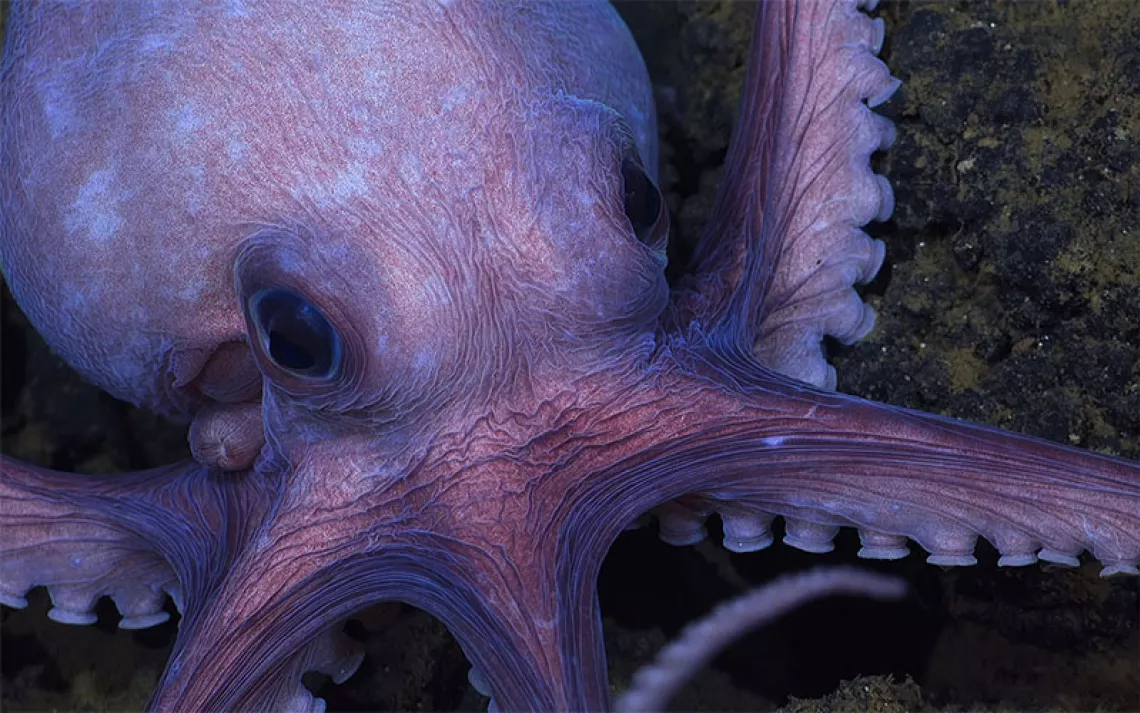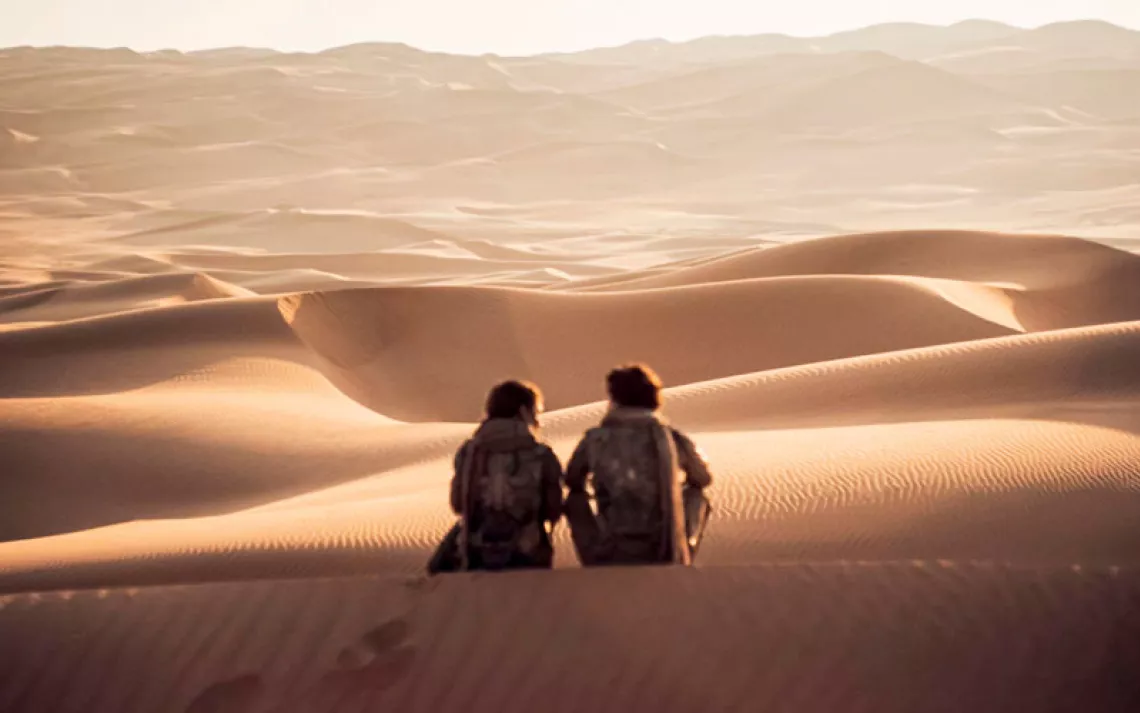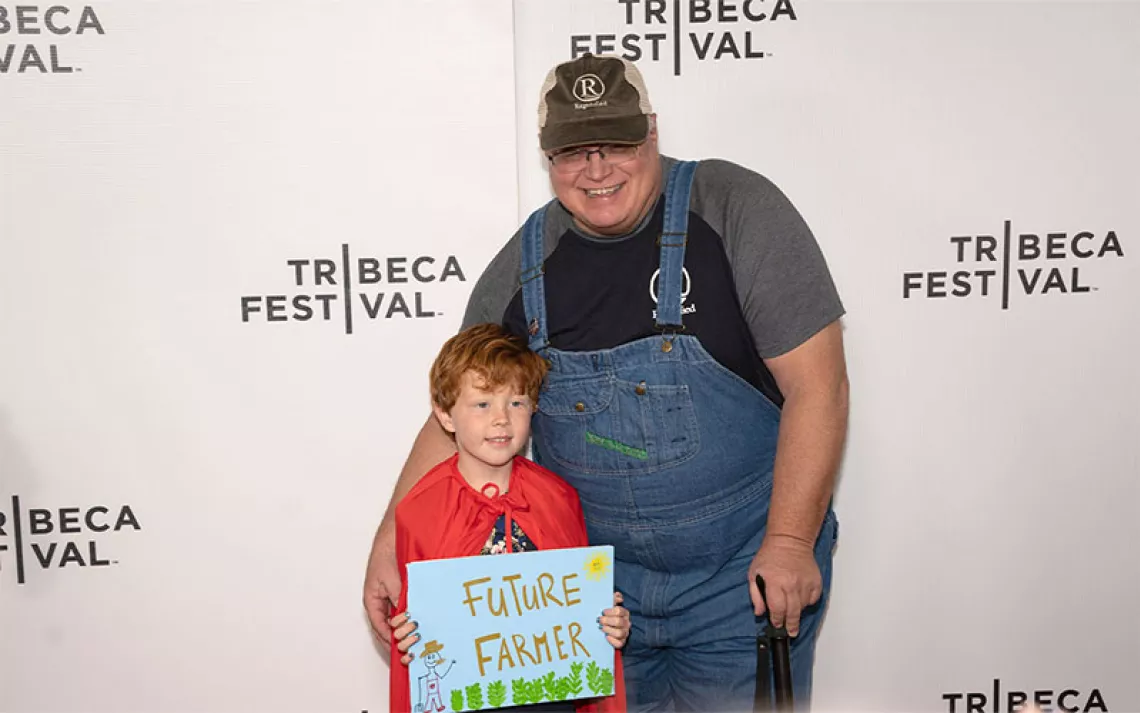Must We Pin Climate Activism on Greta Thunberg and the Youth?
A college freshman’s take on Hulu’s “I Am Greta” documentary
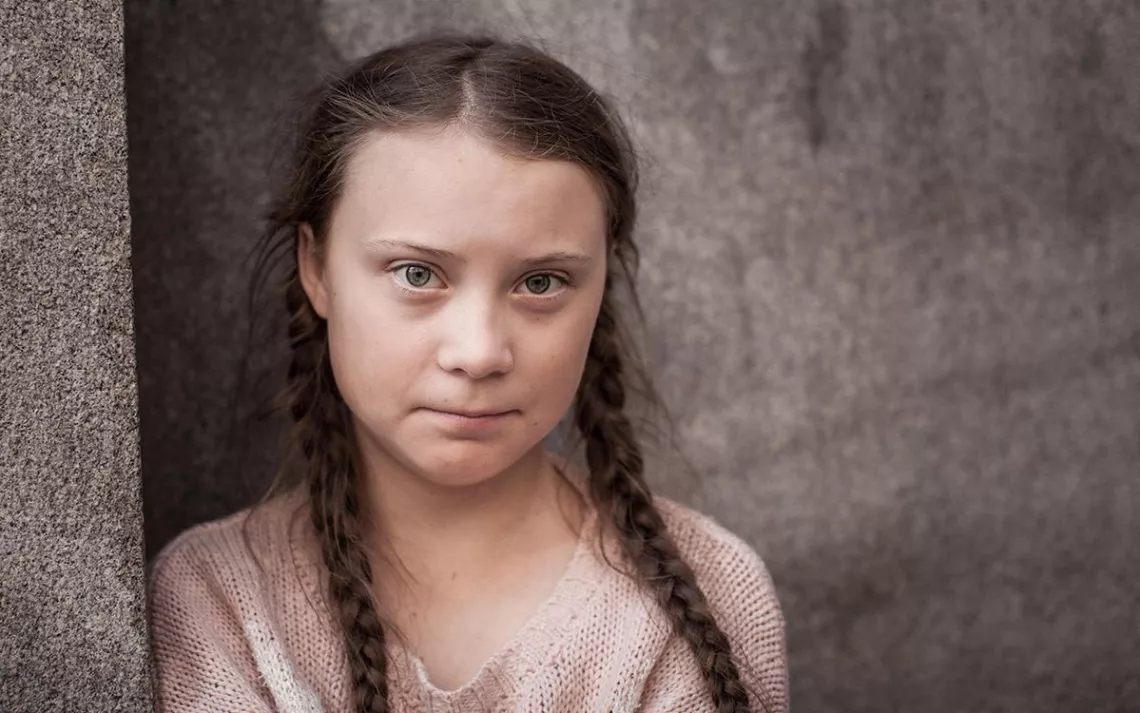
The first time I remember encountering climate change, I was five. The bigger kids in fifth grade put on a play about a starving polar bear separated from its mom by drifting sea ice. They stood up in a line at the end of the play and together told us how the planet was warming, how the ice would continue to melt and bears continue to starve if we didn’t change how we live in our world. This message was hammered into me and into my classmates throughout my 12 years of public schooling: The world is dying, but your generation will save it, because it has to. By the time I was 10, I was long inured to these predictions of disaster and destruction, and by 13 I was getting annoyed with this constant emphasis on my generation’s responsibility. Why, I thought, if this is so serious, so threatening, are you adults not doing more? Why have you made it my problem?
Greta Thunberg has become known around the world by climate activists, scientists, and students as the embodiment of the child who will save us—which is the last thing that she wants. Hulu’s new documentary I Am Greta, currently streaming, follows Thunberg around the world—quite closely—as she tries desperately to make that clear. Viewers are offered a glimpse into Thunberg’s life between marches and international climate talks. We are shown just how little she wants to be there, and yet how deeply she is convinced that she must be.
Directed by Swedish documentarian Nathan Grossman, Greta introduces viewers to the childhood behind the public figure. Very early on in the film, Thunberg explains how having Asperger’s syndrome can make it hard for her to talk, to socialize, to live without a predictable routine. She is shown to enjoy horseback riding and petting her dogs—as she tells Emmanuel Macron, she’s “a bit of a nerd” and loves to study. But instead of her being comfortable at home in Sweden, over and over again, we see Thunberg subjected to enthusiastic reporters, fellow activists, speakers, and politicians, all trying to credit the 17-year-old for the entire youth climate movement At each attempt, Thunberg’s response is clear and resolute: “It’s not that I should take the focus, because that's what’s so good about this movement . . . everyone is equally contributing.”
While it may not be accurate to relegate Thunberg to “equal contributor” status, her objection to her celebritizing recurs throughout the film. Crowds of demonstrators repeatedly extol her as a hero, her name is chanted by thousands, politicians congratulate her on a movement she “started.” Thunberg tries, again and again, to refocus the attention to the work of others, to the facts, to the real problem. But those around her won’t have it; she is such a good figurehead for the youth, how could they pass her up? Ironically, the filmmakers themselves fail to even name Thunberg’s fellow youth activists from around the world, which feels antithetical to Thunberg’s messaging around the importance of communal action.
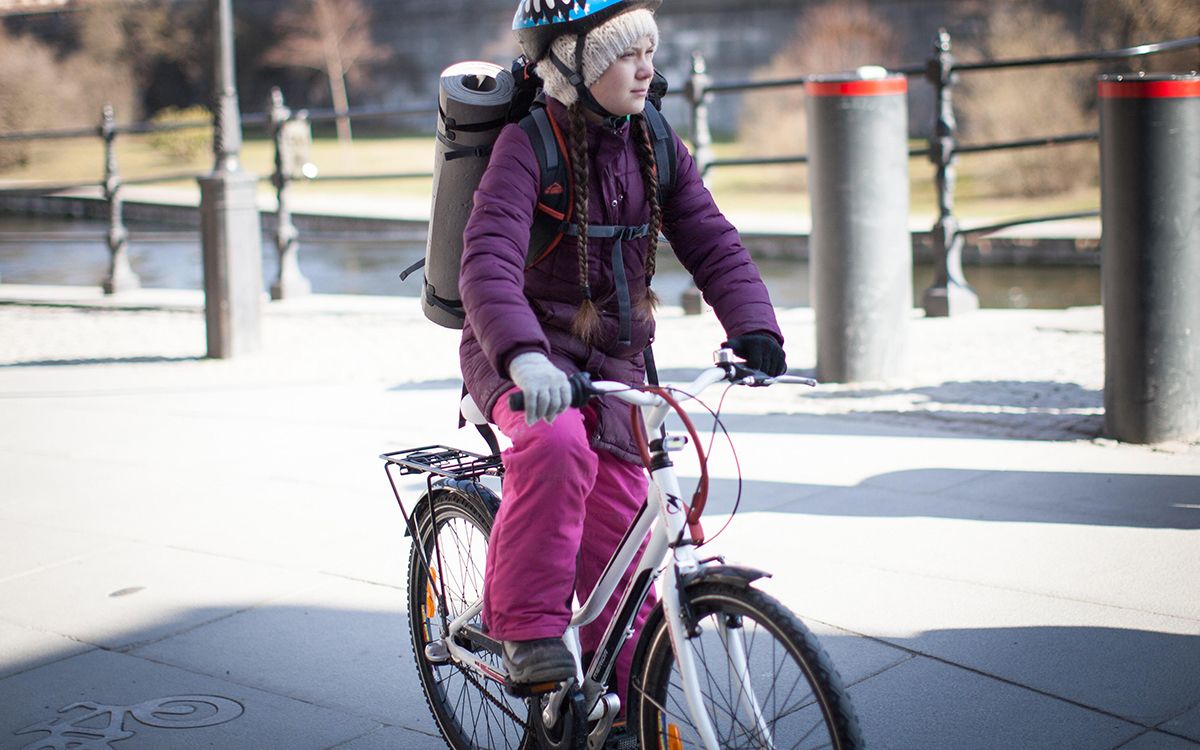
When a young person comes into the international spotlight in the way Thunberg has—in near instantaneous fashion, immediately becoming the target of strong opinions—it’s on us as a society to evaluate how it is we’re judging them. Adults—be they reporters, politicians, or passersby on the street—consistently lionize Thunberg, yet many are condescending, patronizing, or simply dismissive of her mission. Throughout the film, Thunberg insists that she can handle the attention, the media, and the responsibility—and that what she is saying should be taken far more seriously.
We watch her try every trick she can think of to generate an understanding of the tremendous significance of her words. She comes to one conference filled to the brim with facts, to another with condemnation, and to yet another with emotion. None of it seems to work. The adults in the room do not hear her. As Thunberg puts it after a particularly condescending change of topic—former president of the European Commission Jean-Claude Junker’s pivot to standardized toilet flushes across the EU— “They know what to say, they know what sells, but in fact they are doing basically nothing.”
Between footage from Thunberg’s travels and speeches and Zoom calls, the documentary does not shy away from its subject’s autism. Thunberg candidly speaks to her difficulty socializing, her hyper-focus on topics she finds interesting, and her need for routine. We are privy to her childish dancing: in libraries, train corridors, hotel rooms. Thunberg’s neurodivergence is not something she is ashamed of; in fact, she calls it her superpower. Crediting her ability to channel her focus, she muses that it feels to her that people who have Asperger’s, or autism, are the only ones who see through the noise. Being able to stick so tightly to one point of focus has certainly worked in her favor—in very few filmed moments does Thunberg pivot away from the climate. Even at the first UN climate talks she attends, she critiques the servings of dairy and meat as she and her father walk through the cafeteria, expressing outrage that nearly all the hamburgers are gone at an event purporting to be climate-conscious. Climate pervades every facet of Thunberg’s life, and she wants it to pervade yours too.
No one is exempt from this crisis, and Thunberg makes clear that, at this point, no one can pretend to be. If we continue down the path we are set on, she repeats, our planet will become inhospitable in a matter of years. We are in the midst of a sixth mass extinction, and there is nothing to guarantee that humans will be somehow spared. Thunberg is an unusual voice for the movement, not only because of her age but also because she will not relent in her mission to make the world understand the level of urgency we have reached. Is she doing what the adults—the ones who told my schoolmates and me that it would all be up to us—wanted all long?
It is not because Thunberg wants to be doing this—the film makes that clear: the publicity, the constant traveling, and the responsibility weigh oh so heavily on such small shoulders. Near the end, we see Thunberg on her now famous zero-emissions sailboat trip across the Atlantic to attend the 2019 United Nations Climate Summit in New York. It’s a harrowing journey; she’s on a racing boat, built for speed, not comfort, and it hits each wave head on. In one scene, striking in its intimacy, Thunberg voice-records a diary entry. She is pale and teary-eyed, hanging on to the rocking boats walls. “It is such a responsibility,” she says. “I don’t want to have to do all this.” Even here, in this moment of exhaustion and frustration and difficulty, she repeats how important this mission is, how it must be done. Still, “It’s such a lot of responsibility,” she says, again reminding us that she is barely more than a child.
My key takeaway from the film? Greta Thunberg should not have to do this. No one my age should. We may be well on our way to adulthood, but none of this is fair. None of it is right. None of it should be our burden to bear alone; we must act together, across generations.
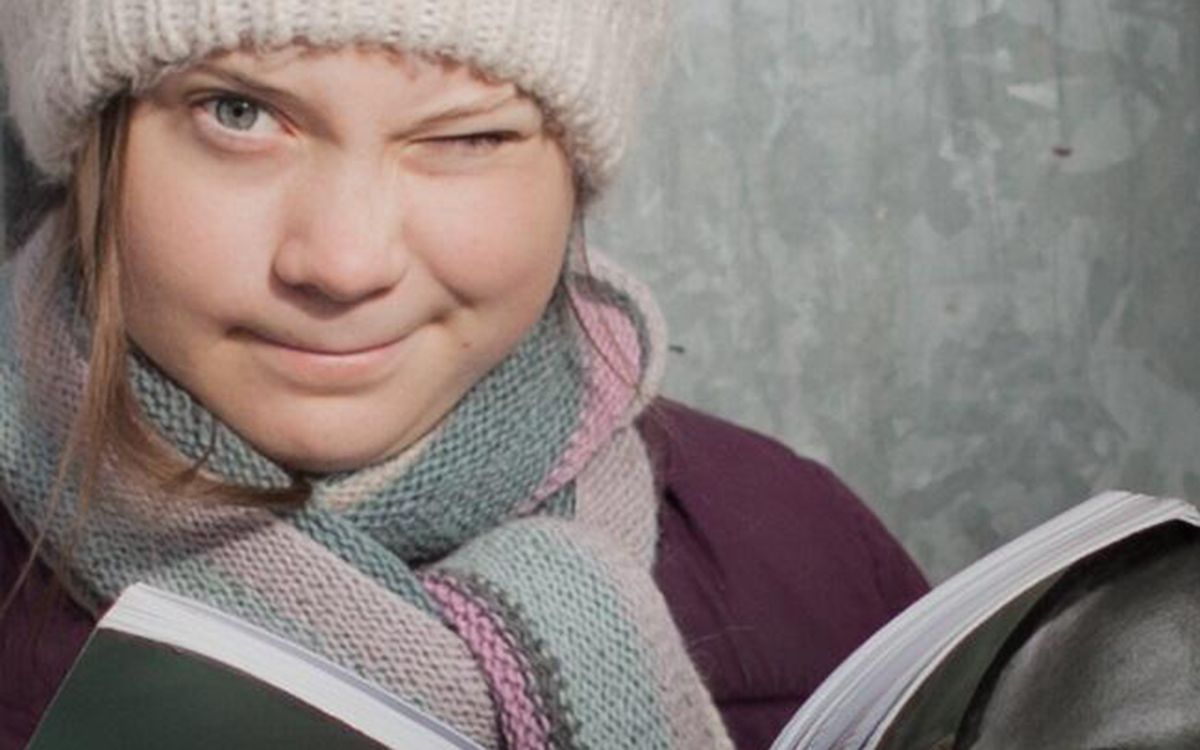
 The Magazine of The Sierra Club
The Magazine of The Sierra Club
